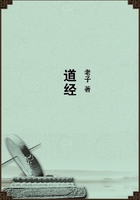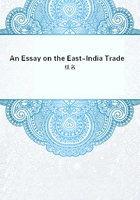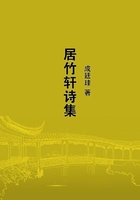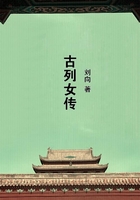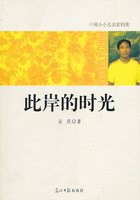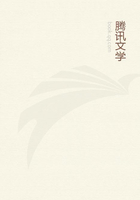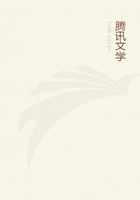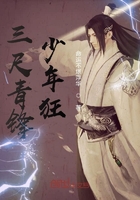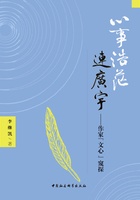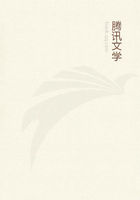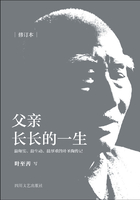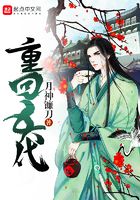It is impossible to deny, however, that Walpole's writings have real merit, and merit of a very rare, though not of a very high kind. Sir Joshua Reynolds used to say that, though nobody would for a moment compare Claude to Raphael, there would be another Raphael before there was another Claude. And we own that we expect to see fresh Humes and fresh Burkes before we again fall in with that peculiar combination of moral and intellectual qualities to which the writings of Walpole owe their extraordinary popularity.
It is easy to describe him by negatives. He had not a creative imagination. He had not a pure taste. He was not a great reasoner. There is indeed scarcely any writer in whose works it would be possible to find so many contradictory judgments, so many sentences of extravagant nonsense. Nor was it only in his familiar correspondence that he wrote in this flighty and inconsistent manner, but in long and elaborate books, in books repeatedly transcribed and intended for the public eye. We will give an instance or two; for without instances readers not very familiar with his works will scarcely understand our meaning. In the Anecdotes of Painting, he states, very truly, that the art declined after the commencement of the civil wars. He proceeds to inquire why this happened. The explanation, we should have thought, would have been easily found. He might have mentioned the loss of a king who was the most munificent and judicious patron that the fine arts have ever had in England, the troubled state of the country, the distressed condition of many of the aristocracy, perhaps also the austerity of the victorious party.
These circumstances, we conceive, fully account for the phaenomenon. But this solution was not odd enough to satisfy Walpole. He discovers another cause for the decline of the art, the want of models. Nothing worth painting, it seems, was left to paint. "How picturesque," he exclaims, "was the figure of an Anabaptist!"--as if puritanism had put out the sun and withered the trees; as if the civil wars had blotted out the expression of character and passion from the human lip and brow; as if many of the men whom Vandyke painted had not been living in the time of the Commonwealth, with faces little the worse for wear; as if many of the beauties afterwards portrayed by Lely were not in their prime before the Restoration; as if the garb or the features of Cromwell and Milton were less picturesque than those of the round-faced peers, as like each other as eggs to eggs, who look out from the middle of the periwigs of Kneller. In the Memoirs, again, Walpole sneers at the Prince of Wales, afterwards George the Third, for presenting a collection of books to one of the American colleges during the Seven Years' War, and says that, instead of books, his Royal Highness ought to have sent arms and ammunition, as if a war ought to suspend all study and all education; or as if it were the business of the Prince of Wales to supply the colonies with military stores out of his own pocket. We have perhaps dwelt too long on these passages; but we have done so because they are specimens of Walpole's manner.
Everybody who reads his works with attention will find that they swarm with loose and foolish observations like those which we have cited; observations which might pass in conversation or in a hasty letter, but which are unpardonable in books deliberately written and repeatedly corrected.
He appears to have thought that he saw very far into men; but we are under the necessity of altogether dissenting from his opinion. We do not conceive that he had any power of discerning the finer shades of character. He practised an art, however, which, though easy and even vulgar, obtains for those who practise it the reputation of discernment with ninety-nine people out of a hundred. He sneered at everybody, put on every action the worst construction which it would bear, "spelt every man backward," to borrow the Lady Hero's phrase, "Turned every man the wrong side out, And never gave to truth and virtue that Which simpleness and merit purchaseth."
In this way any man may, with little sagacity and little trouble, be considered by those whose good opinion is not worth having as a great judge of character.
It is said that the hasty and rapacious Kneller used to send away the ladies who sate to him as soon as he had sketched their faces, and to paint the figure and hands from his housemaid. It was in much the same way that Walpole portrayed the minds oft others. He copied from the life only those glaring and obvious peculiarities which could not escape the most superficial observation. The rest of the canvas he filled up, in a careless dashing way, with knave and fool, mixed in such proportions as pleased Heaven. What a difference between these daubs and the masterly portraits of Clarendon!

